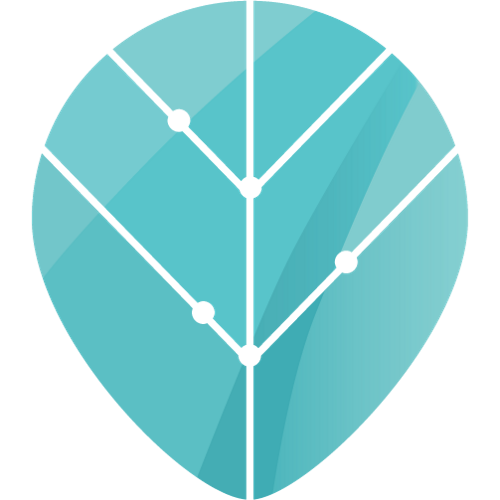Whether you’re a full-time remote worker or you work from home on occasion, it can be tough to channel the same level of focus that you would in a typical office setting. When you’re on your own time and away from the rest of your team, staying productive can be a challenge.
“We’re naturally conditioned by our environments,” Regan A. R. Gurung, Ph.D., a professor of Human Development and Psychology at the University of Wisconsin, tells Thrive. “We associate a workplace with work, and a home with leisure and fun — so trying to work at home runs counter to what we are conditioned to.” Working from home inevitably comes with fewer clear-cut boundaries, but Gurung emphasizes that it is still possible to work efficiently without spiraling down a road of endless procrastination. “The solution is to create a new routine and conditioning,” he explains. “This involves both time and space.”
Conditioning yourself to an at-home environment that’s conducive to focused work can take time, but there are simple ways to get started. Here are a few ways to stay productive if you’re working remotely.
Use time blocks to manage your tasks
When you’re not in a traditional office setting, it can be difficult to break up your time efficiently, which can be both counterproductive and stressful. Gurung suggests using time blocks to better manage your tasks, and to optimize your schedule based on what times allow for the fewest distractions.
“Set specific times for work that you can stick to,” he recommends. “If you are most productive early in the day, designate the early hours for focused work.” Additionally, if you know that other family members will be home during certain times, arrange your time blocks accordingly.
“If you have kids, do not pick the time just when they come home from school or need homework help for your own focused work,” Gurung adds. “It’s about allocating your cognitive energy.”
Make distinctions within your physical space
We often forget that our productivity levels depend on the space around us, and Gurung suggests designing your workday around the spaces in your home that allow you to get your work done most efficiently. (After all, emailing from your bed might be comfortable, but it’s probably not where you’re doing your most creative thinking — besides, associating your bed with anything other than sleep can affect your ability to rest at night.)
“Pick a space with few distractions,” he says. “It should be a space you enjoy, and the space should have cues or visible items that your mind associates with work.” Gurung also notes that it can help to surround yourself with certain items that fuel your mind, like a calendar, or a joy-inducing plant. “The items subconsciously make the link, and make work more possible for you,” he explains.
Set boundaries with your work
It’s difficult to take a true break from work if you don’t actively separate yourself from your tasks once you’re done for the day, and this reality is amplified when you work remotely. By setting a hard stop to your workday, you can train yourself to better separate from your work, and enjoy your personal time at home after your work tasks are complete.
“[It’s important to] protect time and space at home, and do not do any work in the time that you have set aside for non-work,” Gurung says. That starts with trying out different boundaries to see what works best for you. “Set a time to stop checking email, and if that time doesn’t work, modify and try again,” he adds. “The more you practise the routine, the easier it gets.”
Want to share your story of how you thrive? Write to us at [email protected]


